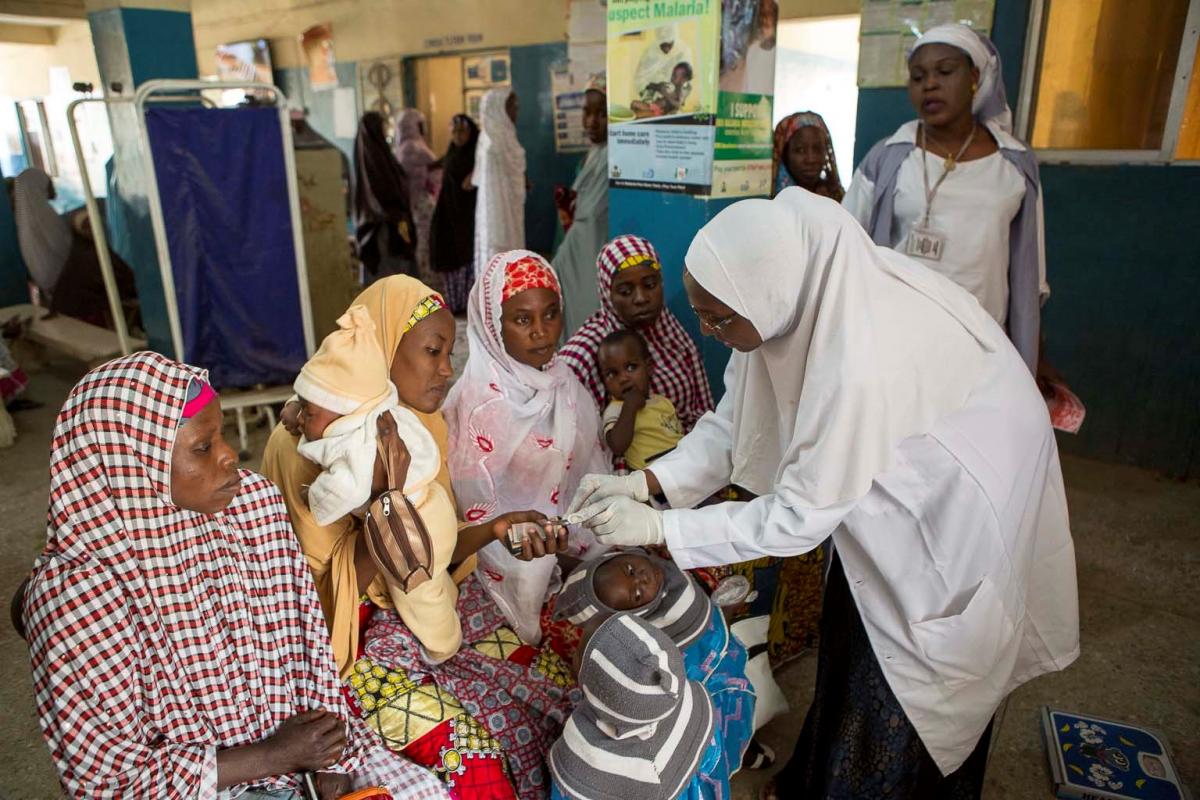By Isaac Atunlute
In a bid to address healthcare inequalities and workforce shortages, the Zamfara state government is integrating grassroots initiatives into formal structures.
Recently, the state announced that it would offer permanent employment to 60 volunteer nurses, who have long served remote communities without pay.
This signals a shift from reliance on overstretched systems to a more structured, human-centred approach. The state is leveraging a skilled pool of professionals who have shown commitment through voluntary service.
The decision aligns with a broader strategy to strengthen primary healthcare at the grassroots, particularly in rural and disadvantaged regions.
This approach not only bridges the talent deficit in the healthcare sector—it also fosters a culture of responsibility among the citizenry, encouraging similar models in other deficient industries across the state.
The move has more implications beyond workforce shortages—it restores dignity to professionals whose services had been previously unrecognised.
More importantly, it boosts trust in public healthcare service, which has eroded over the years due to inefficiency and neglect. According to a 2018 Philips survey, only 36% of Nigerians believe their health needs are being met by the current system.
The benefits transcend manpower. Zamfara’s decision enhances proper healthcare, curtailing the frequent exodus of patients to neighbouring states in search of proper medication.
Around 70% of Nigeria’s population lives in rural areas where Primary Health Care Centres (PHCs) typically serve as the first point of care.
Zamfara’s move could shift that trajectory. By expanding the healthcare workforce, it promises shorter waiting hours in hospital clinics and improved patient-nurse ratios and better health outcomes, especially for the thousands that depend on state-funded facilities.
However, only 44% of Nigerians consistently utilise essential health services, and much of their care goes through public PHCs, which face chronic staffing shortages and limited equipment.
Enhancing the workforce at these frontline centres means more timely treatment, fewer delays, and a stronger foundation for universal health coverage.
This intervention is part of a growing wave of reforms. The state is also renovating primary health centres and upgrading them with modern diagnostic equipment—part of a policy overhaul to make effective healthcare readily available and accessible.
Zamfara’s integration of volunteer nurses into its formal sector mirrors similar initiatives in other parts of Nigeria
In Borno state, volunteer teachers were similarly integrated into the public payroll to encourage education in crisis-prone areas.
Similarly, Oyo State recently recruited over 3,000 health experts to its newly renovated primary health centres across its 33 council governments, while equipping facilities with solar power and modern tools to ensure uninterrupted care.
Across Nigeria, public infrastructure ranging from health facilities to schools often suffered years of underfunding and neglect. A 2025 study, for example, found that 60% of government-owned properties were in a dilapidated state due to neglect.
In Osun State, schools have experienced collapsing roofs and unsafe classrooms for years despite budget appropriations.
Zamfara strategy to convert volunteer nurses into permanent staff is not just a government’s reward for community service. It’s a potential blueprint for systemic change.
By prioritising local talent, restoring public trust, and reinforcing its healthcare infrastructure, the state is offering a replicable model for sustainable development.
The Zamfara state government is tackling healthcare inequalities and workforce shortages by integrating grassroots initiatives into formal structures. A key move is the employment of 60 volunteer nurses, who have been serving in remote communities without pay, highlighting a shift towards structured, human-centered healthcare. This initiative not only addresses staffing deficits but also boosts public confidence in the healthcare system, which has been worn down by inefficiency and neglect. It aims to improve healthcare delivery, particularly in rural areas where 70% of Nigeria's population resides and depends on primary health care centers.
The decision is part of broader reforms in the state, including upgrading primary health centers with modern equipment. This intervention mirrors similar efforts across Nigeria, like integrating volunteer teachers in Borno and recruiting health experts in Oyo, showcasing a drive to tackle neglected public infrastructure. The strategy serves as a blueprint for systemic change by prioritizing local talent and restoring public trust, offering a replicable model for sustainable development in healthcare.






